Why Your Electric Fireplace Isn’t Heating — and How to Fix It
Introduction
You flip the switch, the flames start flickering… but there’s no heat coming from your electric fireplace.
Before you panic or assume it’s broken, take a breath — most heating issues with electric fireplaces are easy to diagnose and fix at home. Whether it’s a simple power problem, thermostat setting, or clogged vent, you can often restore your cozy warmth in minutes.
This guide covers the most common reasons your electric fireplace isn’t heating and step-by-step solutions you can try before calling for service.

Common Reasons an Electric Fireplace Stops Heating
Here are the most frequent culprits when your electric fireplace blows cold air or won’t produce heat at all.
1. Check the Power Source First
The most common issue is also the easiest to overlook: no proper power supply.
Why it happens:
- The fireplace isn’t plugged in firmly.
- The outlet or circuit breaker has tripped.
- The unit is plugged into a surge protector that can’t handle the amperage.
What to do:
- Make sure your fireplace is plugged directly into a dedicated 120V wall outlet (never a power strip).
- Test the outlet with another device, like a lamp or phone charger.
- Check your home’s breaker panel — reset any tripped switches.
Pro tip: Electric fireplaces draw 12–15 amps. Overloaded circuits can shut off automatically for safety.
2. Adjust or Reset the Thermostat
Many electric fireplaces have a built-in thermostat that stops the heater when the room reaches the target temperature.
Why it happens:
If the thermostat is set too low — or becomes miscalibrated — the unit may think your room is already warm enough.

How to fix it:
- Turn the thermostat to the highest setting and wait a few minutes.
- If heat starts, lower it gradually to your comfort level.
- If nothing happens, unplug the unit for 10 minutes to reset it.
Some models let you recalibrate the thermostat through the remote or control panel (check your manual).
3. Make Sure the Heater Function Is Turned On
Don’t be fooled by the glowing flames — they’re often separate from the heating system.
Why it happens:
Most electric fireplaces have independent switches or buttons for “flame” and “heat.” The flame effect might run while the heater stays off.

How to fix it:
- Confirm the heat switch or button is turned on (on the unit or the remote).
- If you hear the fan but still feel no heat, the heating element could be burned out.
- In that case, unplug the fireplace and contact the manufacturer or a service tech for a replacement part.
4. Clean Dust and Clear the Air Vents
Just like any heater, electric fireplaces need good airflow. Dust, lint, or pet hair can block vents and cause overheating, which triggers an automatic shut-off.
How to check:
Inspect the air intake and exhaust vents on the front or back.
Look for buildup or discoloration around the heating grill.
How to clean:
- Unplug the unit.
- Use a vacuum brush or compressed air to remove dust.
- Wipe the vents with a soft, dry cloth.
Do this once a month during winter use — it keeps your unit efficient and prevents damage to the fan motor.
5. Reset the Overheat Protection Feature
Nearly all modern electric fireplaces come with built-in overheat protection. If the unit detects excess heat, it automatically shuts off the heating element to prevent fire risk.
Symptoms:
The fireplace suddenly stops heating after a few minutes.
The flame effect still works, but no warm air blows.
How to fix:
- Turn the fireplace off and unplug it completely.
- Let it cool for 15–30 minutes.
- Check that nothing blocks the vents.
- Plug it back in and restart.
If the heater shuts off again, you may have a faulty temperature sensor — contact a repair service.
6. Check for Internal Fuse or Wiring Problems
If none of the above solves it, the issue could be internal.
Possible causes:
- Blown internal fuse after a power surge.
- Loose wiring connection.
- Faulty heating element or control board.
These problems require professional attention. Don’t open the main casing unless you’re qualified — instead, contact:
- The manufacturer’s customer service (most units have a 1–2 year warranty)
- A licensed appliance repair technician
7. Bonus Tip: Don’t Forget the “Eco Mode”
Some modern models include an eco or energy-saving mode that automatically limits heat output to save power.
If your unit runs but feels weak, check whether Eco Mode or Low Heat Mode is activated — then switch to full power for stronger warmth.
![]() Keep Your Fireplace Running Efficiently
Keep Your Fireplace Running Efficiently
A few small habits can prevent most heating issues before they start:
- Plug into a dedicated outlet with proper voltage.
- Vacuum vents monthly to prevent dust buildup.
- Avoid running the fireplace for long hours on maximum heat.
- Turn off and unplug during long periods of non-use (e.g., summer)
Following these steps keeps your unit safe, efficient, and ready to warm up your living space all season long.

When to Call a Professional
Call for professional help if you notice:
- Repeatedly tripped breakers
- Burning smell or smoke
- Sparks or flickering power
- No response from buttons or remote
Do not continue operating a malfunctioning fireplace — internal electrical issues can pose fire risks.
Conclusion
Most electric fireplace heating problems come down to simple causes — a tripped breaker, low thermostat, or dirty vent. With the right checks and a little maintenance, you can often fix the issue yourself in less than 30 minutes.
Most heating problems are easy to fix — but if you’re ready for an upgrade, the [Giantex Electric Fireplace Collection] combines realistic flames, smart thermostats, and quiet fans for a cozy experience all winter long.
Discover more models at [https://www.giantex.com/]


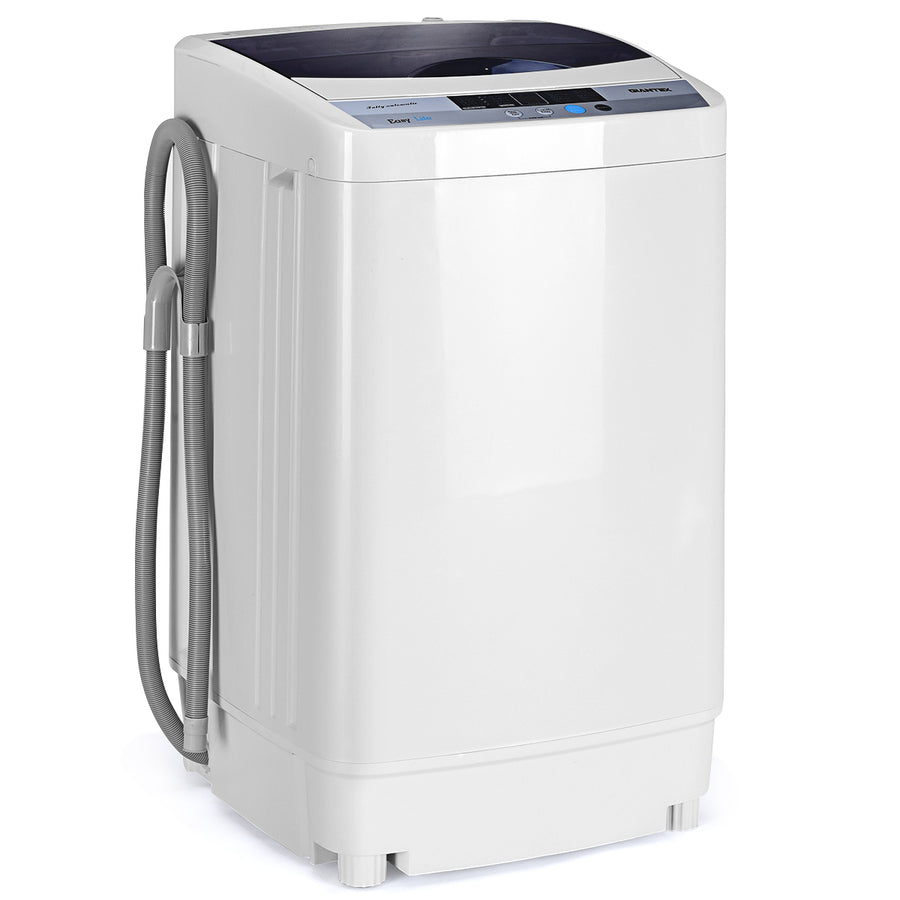
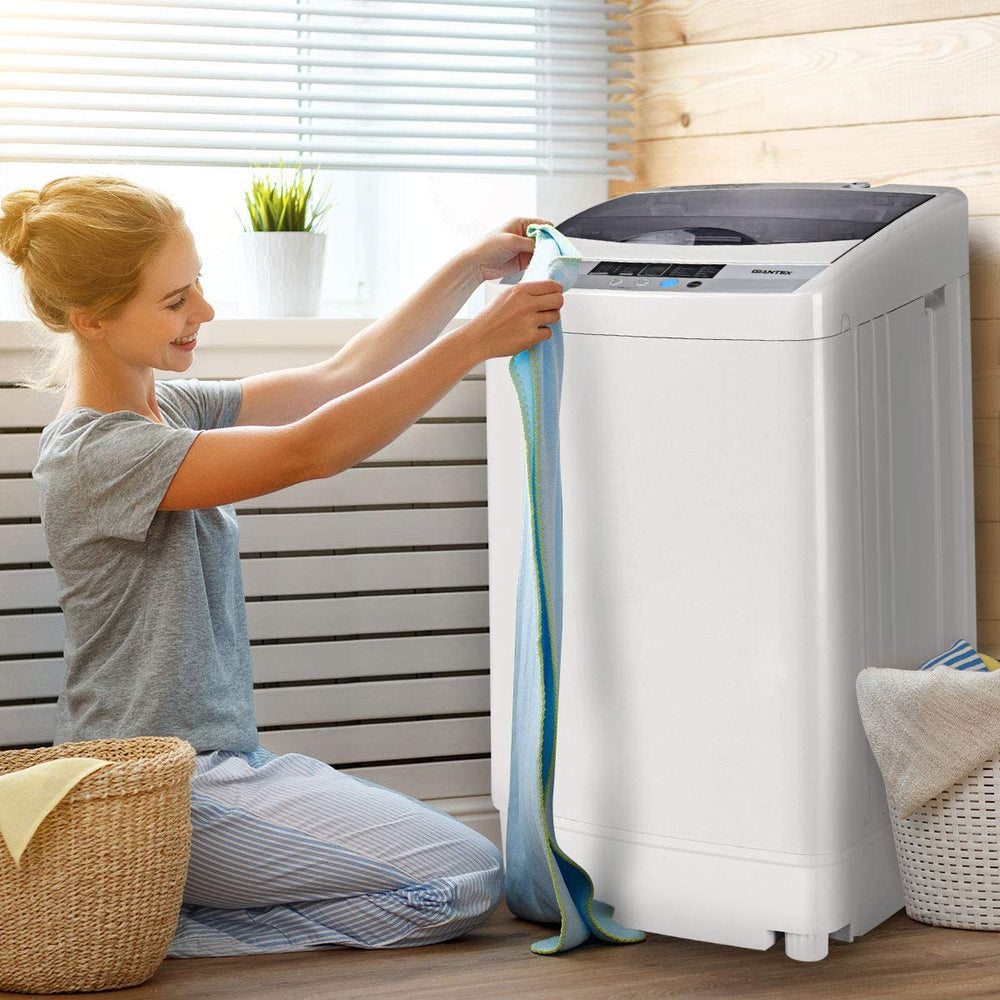
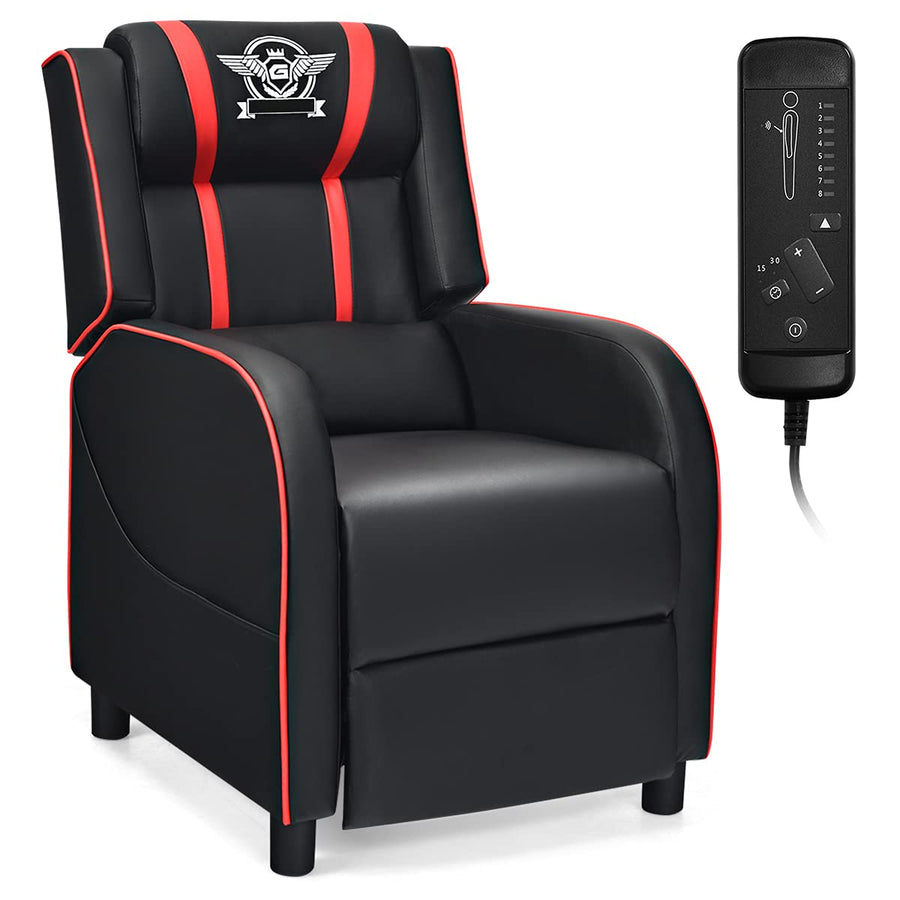
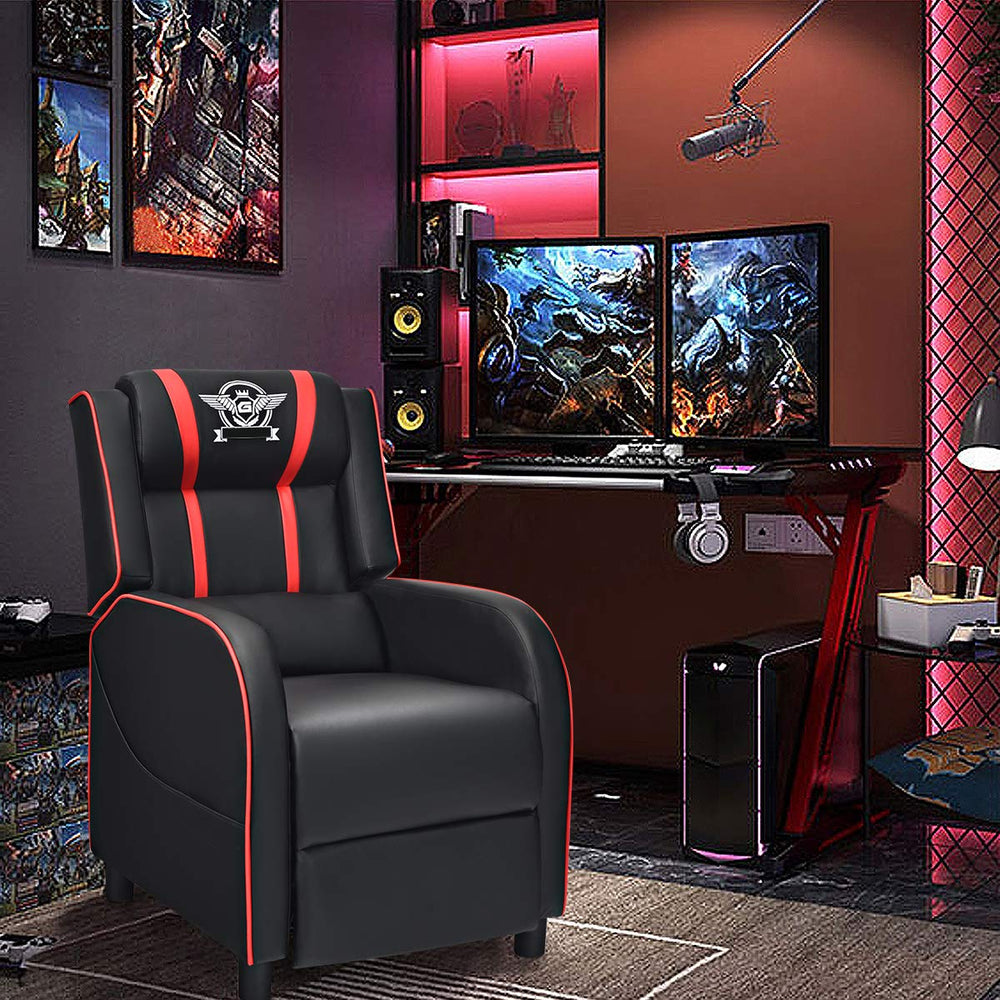
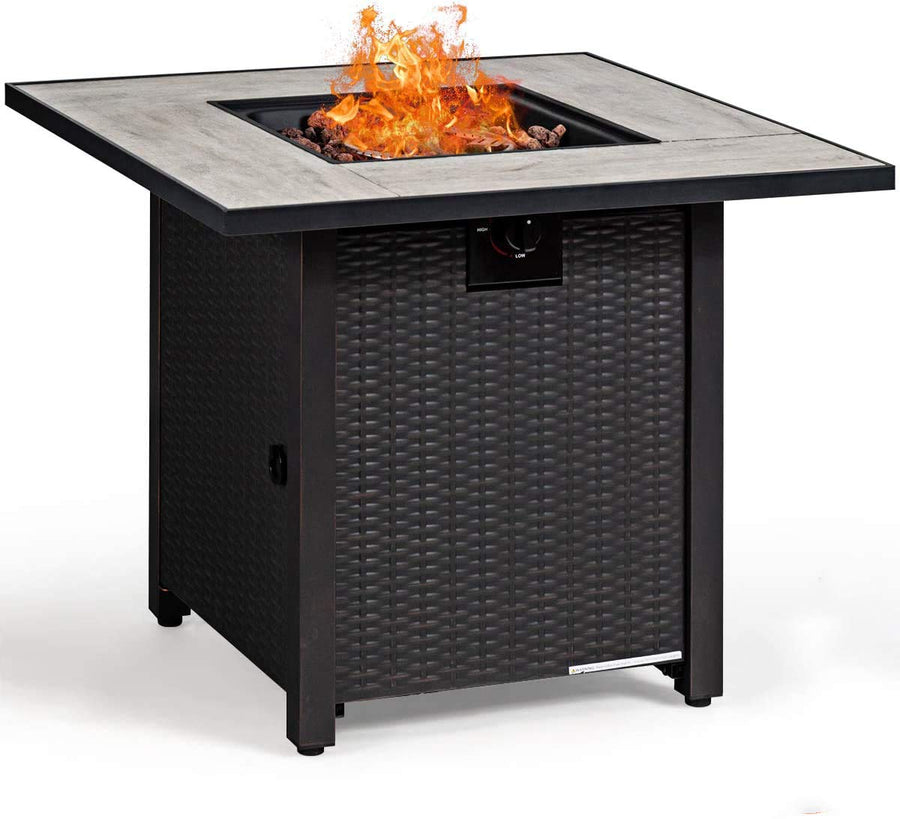
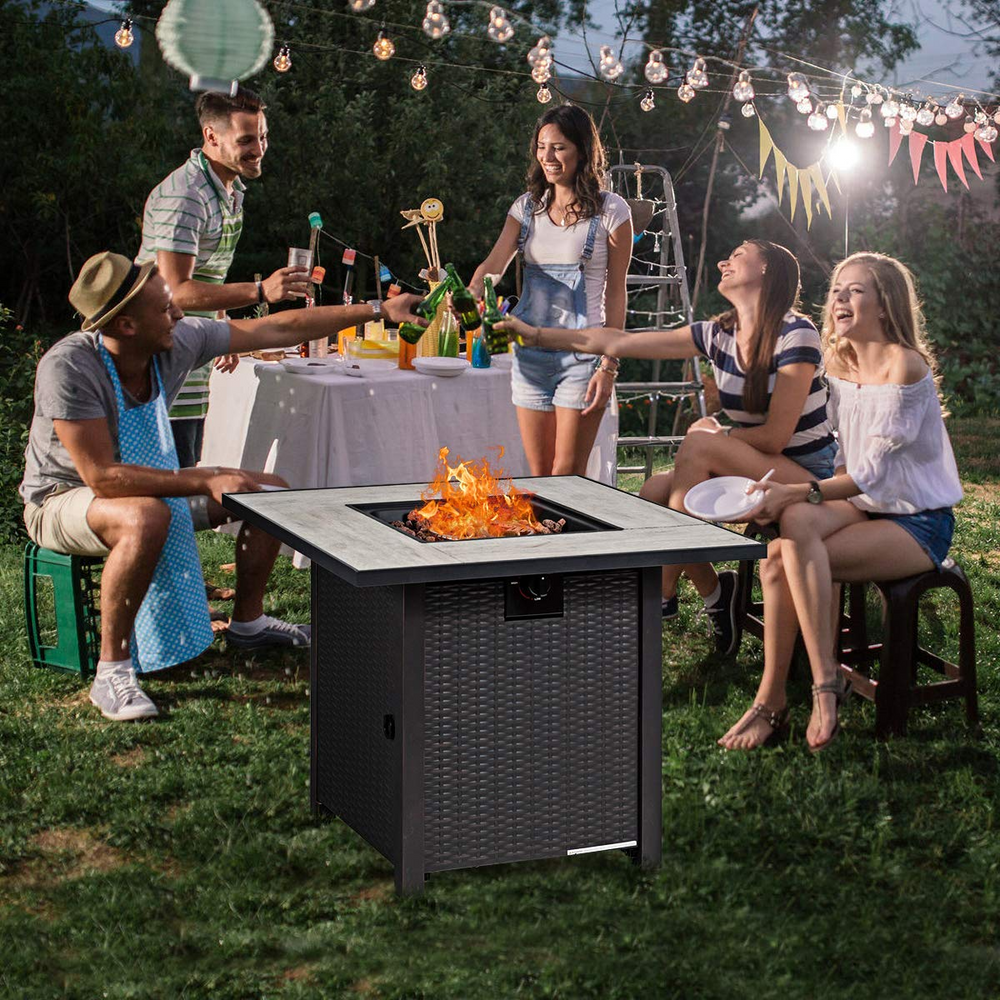
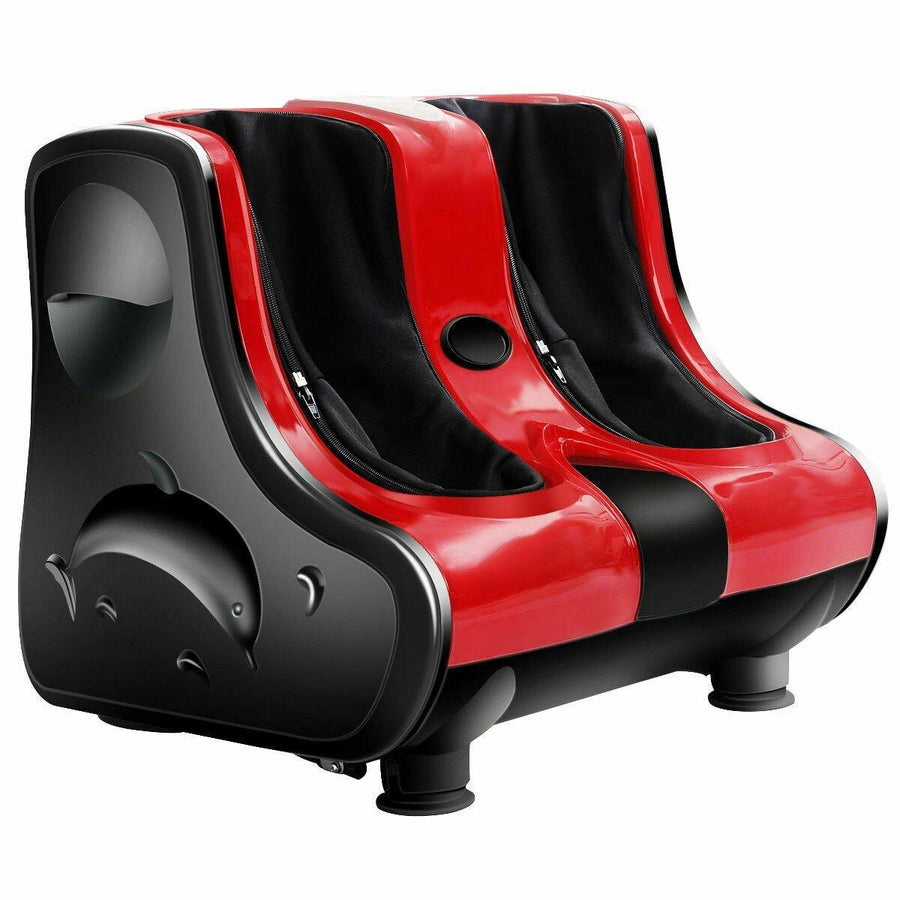
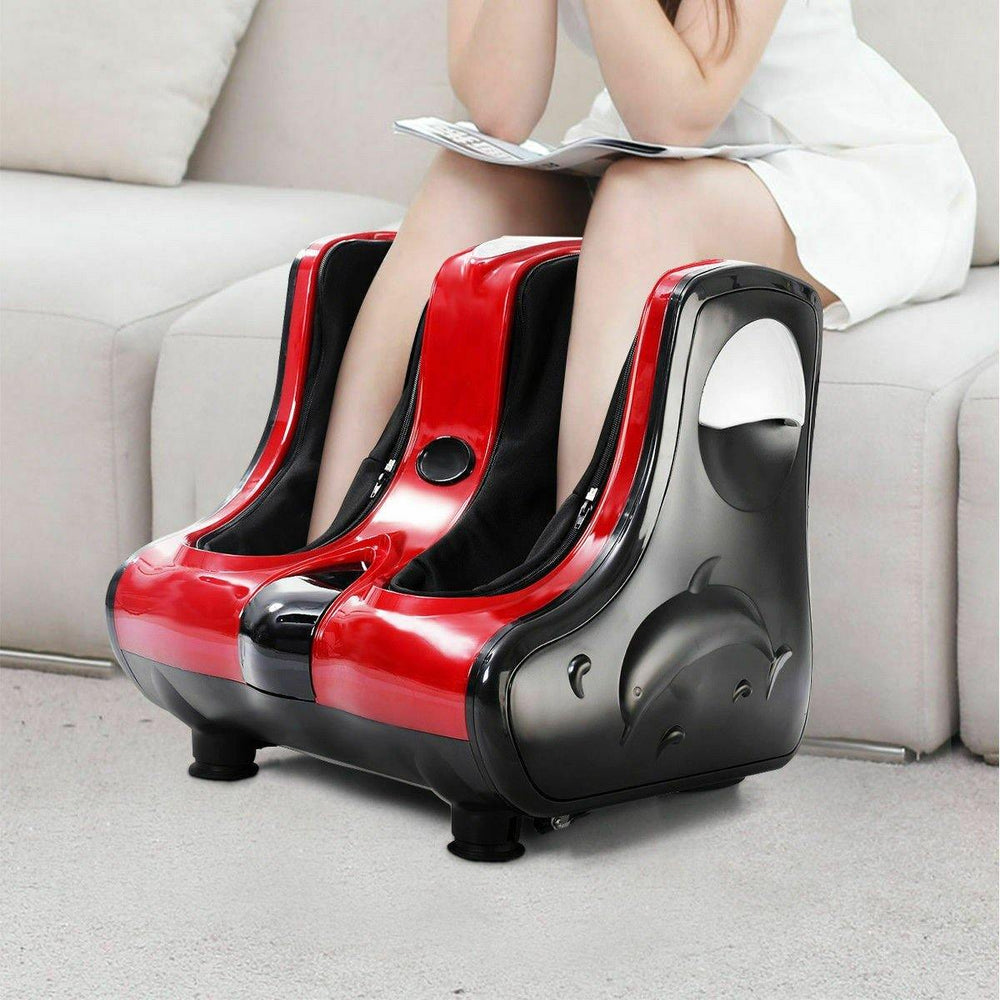





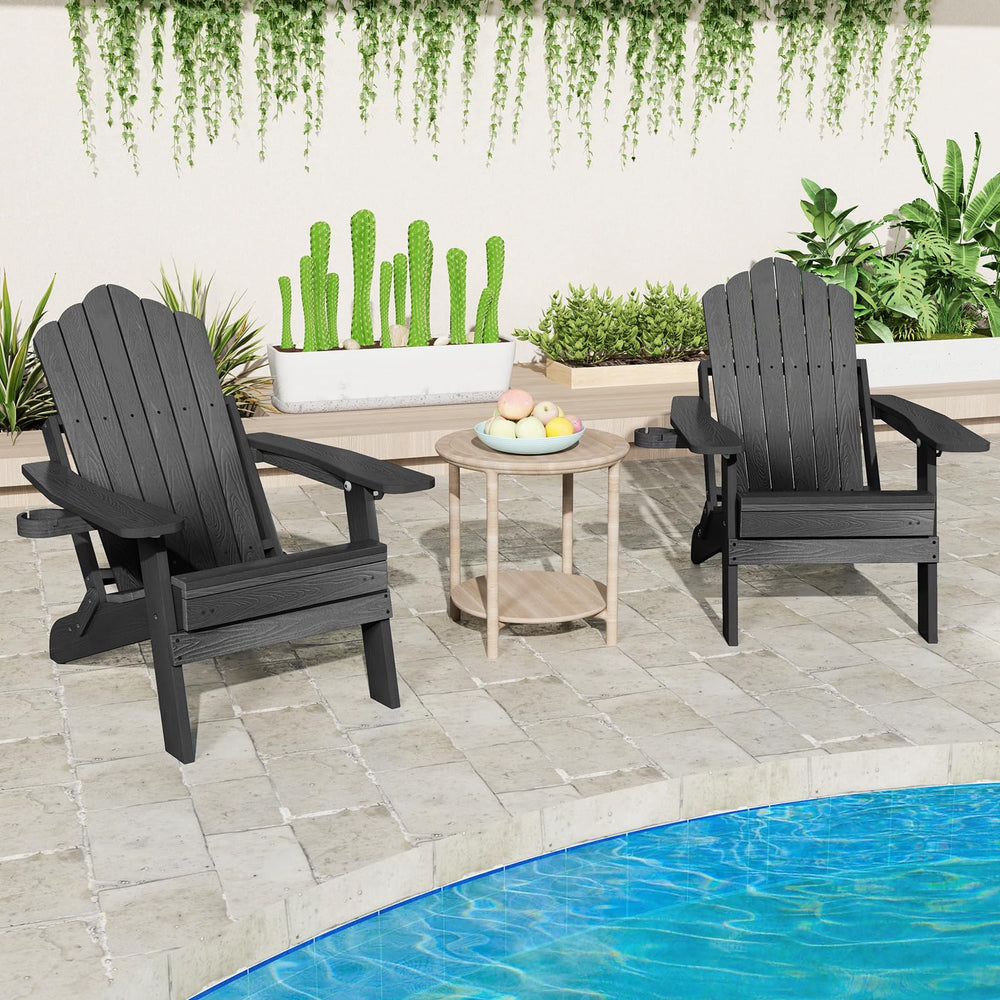
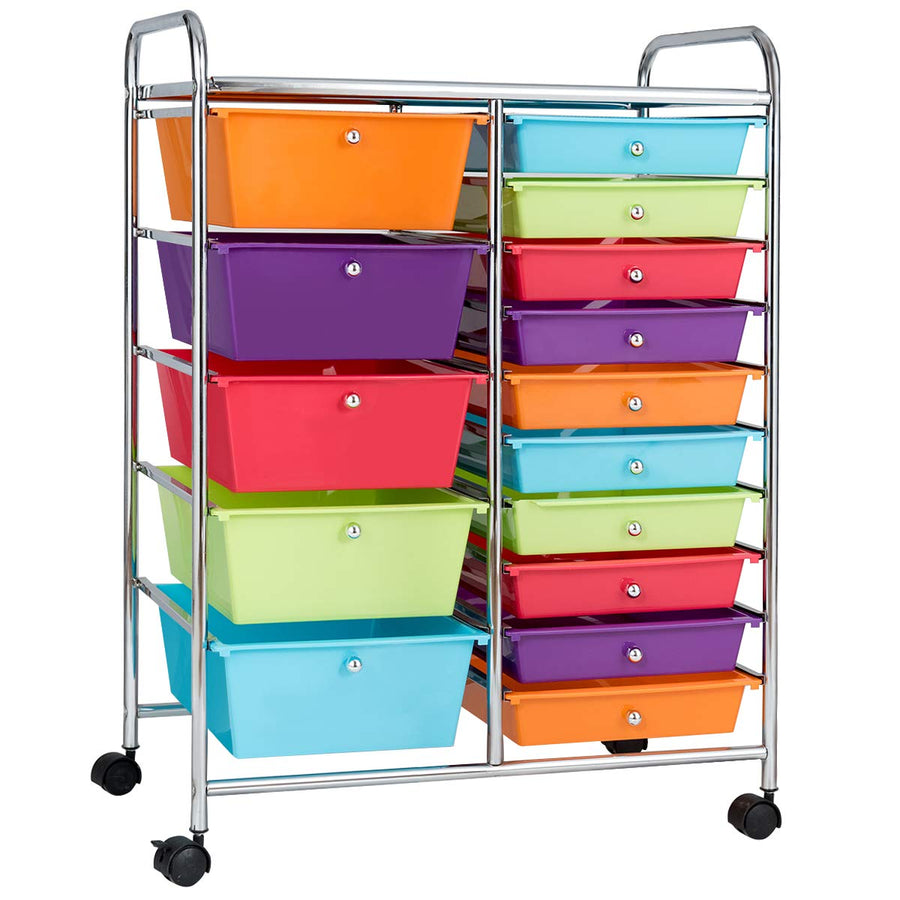
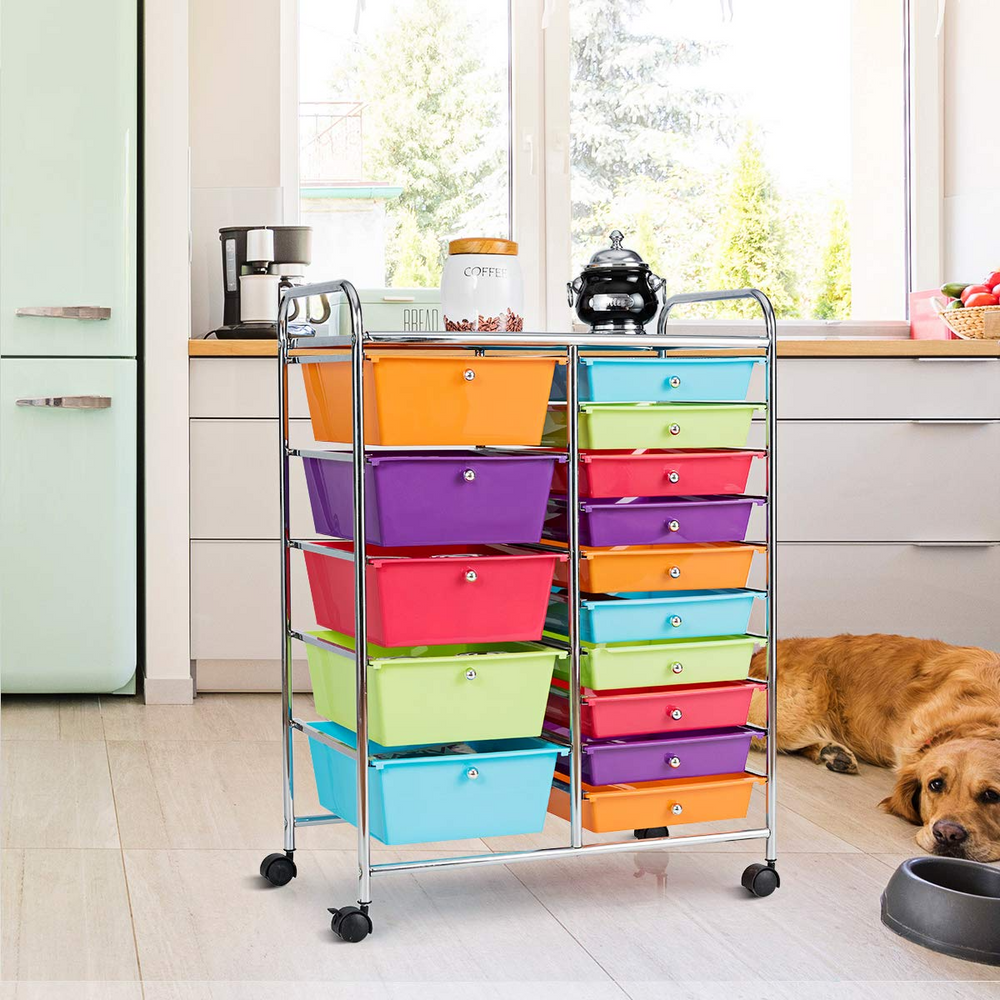




Leave a comment